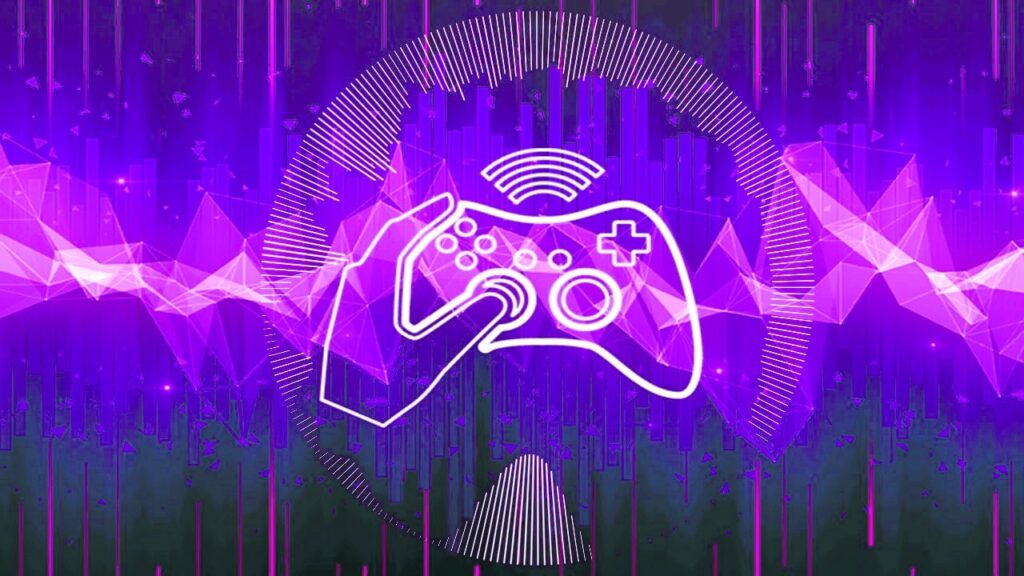The world of video game soundtracks is a vibrant and intricate landscape that plays a vital role in shaping player experiences. Music in video games not only enhances immersion but also helps convey emotions, establish atmosphere, and narrate stories. Behind the scenes, a dedicated group of composers meticulously crafts these soundscapes, blending creativity with technical skill. In this article, we will explore the art of soundtrack composition, delving into the processes, challenges, and innovations that game composers face.
The Role of the Composer in Gaming
Game composers serve as the auditory architects of a video game, responsible for creating music that complements gameplay and enhances storytelling. Their work requires a deep understanding of both music theory and the gaming medium, as they must consider how their compositions will interact with player actions, narrative arcs, and the visual elements of the game.
Understanding the Game’s Vision
One of the first steps in the composition process is understanding the vision and themes of the game. Composers often collaborate closely with game developers, directors, and designers to ensure their music aligns with the overall aesthetic and emotional tone. This collaboration can take various forms, including brainstorming sessions, meetings to discuss character motivations, and reviewing artwork and storyboards.
For instance, in a fantasy RPG, a composer might draw inspiration from the game’s lore, characters, and settings. This foundational knowledge helps them create motifs and themes that resonate with players and reflect the game’s narrative.
Crafting Melodies and Themes
Once the composer has a firm grasp of the game’s vision, they begin the creative process of crafting melodies and themes. This stage often involves experimentation with various instruments, styles, and genres to find the perfect sound that encapsulates the game’s atmosphere.
Melodic Themes
Many composers develop key melodies thaft represent specific characters, locations, or emotions within the game. These themes, known as leitmotifs, can be woven throughout the soundtrack to create a cohesive auditory experience. For example, in The Legend of Zelda series, the iconic “Overworld Theme” has become synonymous with the franchise, instantly evoking nostalgia and familiarity among fans.
Harmonies and Arrangements
Beyond melodies, composers must consider harmonies and arrangements to create depth and richness in their soundtracks. This process involves layering different instruments and musical elements, from strings and brass to percussion and electronic sounds. The choice of instrumentation can significantly affect the emotional impact of a piece. A haunting piano melody might evoke feelings of sadness, while a driving orchestral score can instill a sense of urgency and excitement.
Technology and Tools in Composition

The evolution of technology has transformed how composers create and produce video game music. In the past, composers relied on live orchestras or small ensembles to record their scores, which was often costly and time-consuming. Today, advancements in digital audio workstations (DAWs) and virtual instruments have made it possible for composers to create high-quality music from the comfort of their studios.
Digital Audio Workstations
DAWs such as Logic Pro, Ableton Live, and FL Studio allow composers to arrange, edit, and produce music with incredible precision. These tools provide access to a vast library of virtual instruments and sound samples, enabling composers to simulate the sound of real orchestras or create entirely unique sonic landscapes.
Middleware Integration
In addition to DAWs, composers often utilize middleware software like Wwise or FMOD to integrate their music seamlessly into games. Middleware allows composers to implement adaptive audio systems, where music responds dynamically to player actions or changes in the game environment. For example, in a racing game, the intensity of the music might increase as players approach a finish line, enhancing the excitement and immersion. You can read about how music affects the player’s emotions in horror video games here.
Collaborations and Influences
Collaboration is a cornerstone of video game music composition. Composers frequently work with sound designers, voice actors, and other musicians to create a cohesive audio experience. This collaborative spirit fosters creativity and encourages the exploration of new ideas.
Influences from Other Media
Many game composers draw inspiration from various forms of media, including film, television, and classical music. The cinematic nature of modern video games often leads composers to adopt techniques and styles from film scoring. For instance, the use of orchestration and dramatic cues can create a sense of grandeur and tension, similar to that found in blockbuster films.
Prominent composers like Nobuo Uematsu (Final Fantasy series), Yoko Shimomura (Kingdom Hearts), and Hans Zimmer (Call of Duty: Modern Warfare 3) exemplify this blending of influences, producing iconic scores that resonate with players.
The art of soundtrack composition in video games is a multifaceted process that requires creativity, technical skill, and collaboration. Composers play an essential role in shaping player experiences, crafting music that resonates emotionally and enhances gameplay. As technology continues to evolve and the gaming landscape expands, the role of composers will only grow in importance.
By understanding the intricacies of soundtrack composition, players can appreciate the artistry behind the music they love and the dedication of the composers who bring these soundscapes to life. For more insights into game music and its evolution, you can explore the Wikipedia page on Video Game Music.


